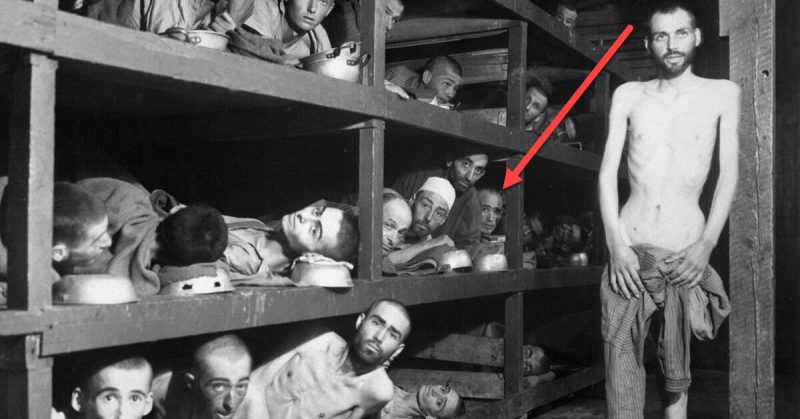Elie Wiesel died in July this year. He was 87 years old. After becoming a best-selling author with his memoirs of his time in Auschwitz and Buchenwald during the Holocaust, he worked for peace and became a moral leader for the world. He won the Nobel Peace Prize for his work.
Haaretz, an Israeli newspaper, was the first to report the news of Wiesel’s death. Israel’s memorial to the Holocaust, Yad Vashem, confirmed the news via Twitter.
Wiesel was born in 1928 in Transylvania (now part of Romania). He wrote about his life as a teenager in Nazi death camps during World War II.
He was liberated in 1945. Two of his sisters also survived. His father, mother, and a sister all died in concentration camps. Wiesel wrote 60 books in his life and lectured around the world. He kept alive the memories of those who died in the Holocaust and was an inspirational example of those who survived.
He is most known for his seminal work, Night. Along with Anne Frank’s diary, it is considered required reading about the Holocaust.
It was his first book. He originally wrote it as 800 pages in Yiddish in the 1950s. It was edited to under 300 pages for release in Argentina and trimmed to under 200 pages for release in French. When it was published in 1960 in the U.S., it was only a little over 100 pages long.
Ruth Franklin, a literary critic, and author of A Thousand Darknesses, called Night the most devastating account of the Holocaust she’d ever read.
His work on Night began only ten years after the war. For many survivors, the memories were still too painful to talk about. Frank’s account was not an intentional telling of the story of the Holocaust. It was discovered after her death and ends before Anne Frank and her family were captured. Wiesel’s book was among the first to tell the story without turning away from the worst offenses of the Nazis. Readers of Frank’s diary could scarcely have imagined the horrors that Wiesel would recount.
In one passage, Wiesel describes his feelings upon his arrival at Auschwitz. “Never shall I forget that night, the first night in camp, which has turned my life into one long night, seven times cursed, and seven times sealed. Never shall I forget that smoke. Never shall I forget the little faces of the children, whose bodies I saw turned into wreaths of smoke beneath a silent blue sky. Never shall I forget these things, even if I am condemned to live as long as God himself. Never.”
After he was liberated from Buchenwald, he spent a few years in an orphanage in France. He studied literature at the Sorbonne. He worked as a journalist for L’Arche, a French newspaper, and Israel’s Yediot Ahronot.
He was in New York for an assignment in 1956 when he was hit by a car and had to use a wheelchair for a year. He lived in New York for the rest of his life, writing for the Yiddish-language paper, the Forward. He was in contact with many Holocaust survivors in New York, and he resolved to tell their stories.
In 1969, he married Marion Rose, another survivor who helped translate some of his books to English. They had one son, Shlomo. Wiesel commuted to Boston University for almost thirty years to teach philosophy, literature, and Judaic studies. He gave a popular lecture series every fall.
He also taught at Yale University and the City University of New York.
President Jimmy Carter chose Wiesel to head the President’s Commission on the Holocaust in 1978. He helped plan the American memorial to the victims of the Holocaust
When he received the Congressional Gold Medal from President Ronald Reagan in 1985, he asked the president to cancel a planned trip to a cemetery in Germany that contains the graves of Adolf Hitler’s private guards.
Wiesel spoke at the U.S. Holocaust Memorial Museum dedication in 1993. He said, “For the dead and the living, we must bear witness.” Those words are now carved at the entrance of the museum.
He created the Elie Wiesel Foundation for Humanity in 1988. The Foundation looked into the problems related to hatred and ethnic conflicts in the world.
He said that his greatest disappointment in life was that “nothing changed” in spite of all his work to remind all of the world’s past mistakes.
In his Nobel Peace Prize acceptance speech, he gave a summary of his mission. “Whenever and wherever human beings endure suffering and humiliation, take sides. Neutrality helps the oppressor, never the victim. Silence encourages the tormentor, never the tormented.”
